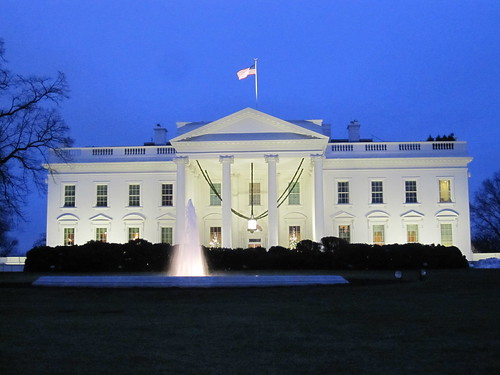The Government imposes taxes to make us behave the way it wants us to. Whew! That sounds like something one of my “nutjob government conspiracy type” friends would say, not me. Except that it’s true. If you don’t believe me, just take a look at the so called “sin taxes”. You know, the extra taxes imposed on cigarettes and liquor.
The federal government taxes each pack of cigarettes by a $1.01. Add to that the state taxes, here in Missouri, we have the lowest cigarette tax in the country at 17 cents a pack, but Washington State has a tax of $3.20 per one single pack of 20 cigarettes. You really gotta want a cigarette to smoke in Washington.
Beer, on the other hand, only brings in 5 cents per 12 ounce can to the feds. But a bottle of tequila will fetch $2.14 cents in taxes. And that’s before adding in the state taxes!
So maybe you don’t smoke or drink, you might think these taxes don’t apply to you. But it’s not just our sins that the government is trying to control; it’s our shopping behavior as well. Think about the First Time Home Buyer Tax Credit–a nice chunk of change of up to $8,000 for buying a new home. The energy tax credit–for making our homes more energy efficient. And of course the energy efficient vehicle tax credit–for buying an electric or fuel efficient car. All of these tax credits were intended to help various industries.
So maybe these programs didn’t apply to you either, but here’s one that probably did: The Economic Stimulus Act of 2008. Maybe you remember that’s the year that everybody got an extra $300 check in the mail. The idea was that if everyone in America got an extra $300, they’d go out and spend it and that would jump start the economy again. Unfortunately, that didn’t work. A large percentage of the population used that money to either pay down their credit cards or add to their savings accounts–we didn’t get the consumer bang that the government wanted. You might remember we later got the “Making Work Pay” credit, which basically gave us an extra $400 but it was doled out in our paychecks in tiny increments over the course of the year. People hardly noticed the increase in their paychecks, so the money just got spent.
The analogy that I think of here is that it’s kind of like having a $50 bill in your wallet. I don’t get 50 dollar bills very often, so when I do get one I tend to hang onto it for awhile. “I’ve got a $50 dollar bill, it’s special, and I don’t want to spend it!” Now give me a $5 or a $1 bill and it’s gone. My nephew calls it “blowing your money away.” (He actually uses a slightly different phrase but I’ve been edited for my G rating.) You understand though, it’s much easier to let small amounts of money slip through your hands than larger amounts. So these little tax games have made us spend more money–without us even being aware of it.
And I have a problem with that. I don’t like the idea of being manipulated for one thing. But more importantly, I think our tax code sends a message about American values that I don’t think we as a country should be sending. As a nation we talk about the importance of marriage and of children being raised in a two parent family–and then we pay a premium to unmarried parents through the Earned Income Tax Credit. I don’t think it was intentional, but that’s what happens. Young married families with two incomes get phased out of that tax credit, but if you don’t get married–then you get the money. And it’s huge! We’re talking thousands of dollars a year. That’s a big incentive for not getting married. Why are we doing that?
There’s already been lots of talk from the politicians about changing the tax code. “Tax the rich”, “don’t tax the rich” those arguments can go on for hours. But what I’m not hearing, and what I’d really like to hear, is where should our country be headed? How do we get there? How much is it going to cost? And how are we going to pay for it over the long haul? These quick-fix one-year only tax incentives aren’t the way to run a country. And while the rich are very concerned about their taxes (and rightly so, they seem to have the most to gain or lose during this election) the tax code affects everyone; rich, poor, and middle class. We need long range planning, long range goals, and a long term tax plan. Let’s bring the grownups to the table, drop the manipulation games, and get to work on a real solution.

